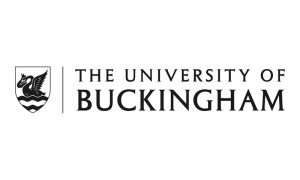A BA Philosophy, Politics and Economics degree combines the three important subjects of Philosophy, Politics and Economics. What makes it different to a BA Philosophy, Politics and Economics offered in other universities is its integrated character, with a special focus on explaining how human behaviour shapes economic and political institutions.
In the Philosophy strand, you will take an Introduction to Philosophy module and study the Philosophy of Mind. In addition, there will be more specialised modules in political theory, such as Introduction to Political Theory, and Freedom. And students will receive a grounding in both Scientific Method, and the Philosophy of Social Science. There is also a cross-disciplinary module in Genetics and Society.
The Politics element of the degree focuses on area and country studies, with a particular emphasis on political order and security challenges. Those challenges vary from region to region but typically take the form of political violence (war, terrorism and organised crime), mass migration and economic instability. Students are encouraged to approach these problems from a number of disciplinary perspectives. For example, the study of Latin America would consider the historical, cultural and economic determinants of the region’s politics. The Department is home to the Centre for United Studies and the International Institute for the Study of Cuba.
The Economics element of the PPE programme covers the core areas of Microeconomics and Macroeconomics. There are a range of modules, including (but not limited to: History of Economic Thought; Welfare Economics; Energy Economics; Behavioural Economics). But in addition, there is an emphasis on the interaction between Economics and Politics.
This is the 2-year format of the BA Philosophy, Politics and Economics. For the 3-year format of the degree see BA Philosophy, Politics and Economics | 3 Years.

